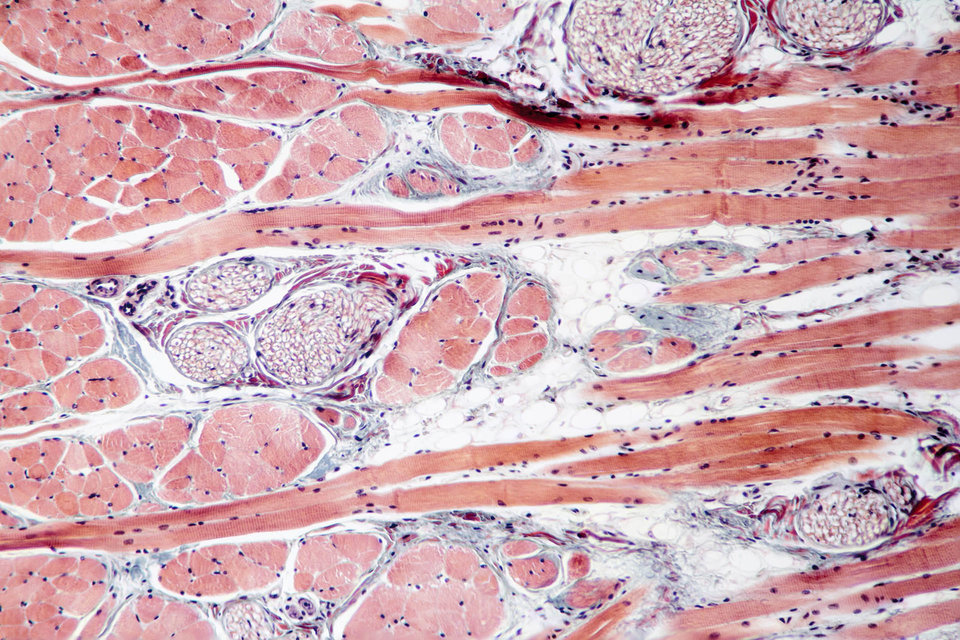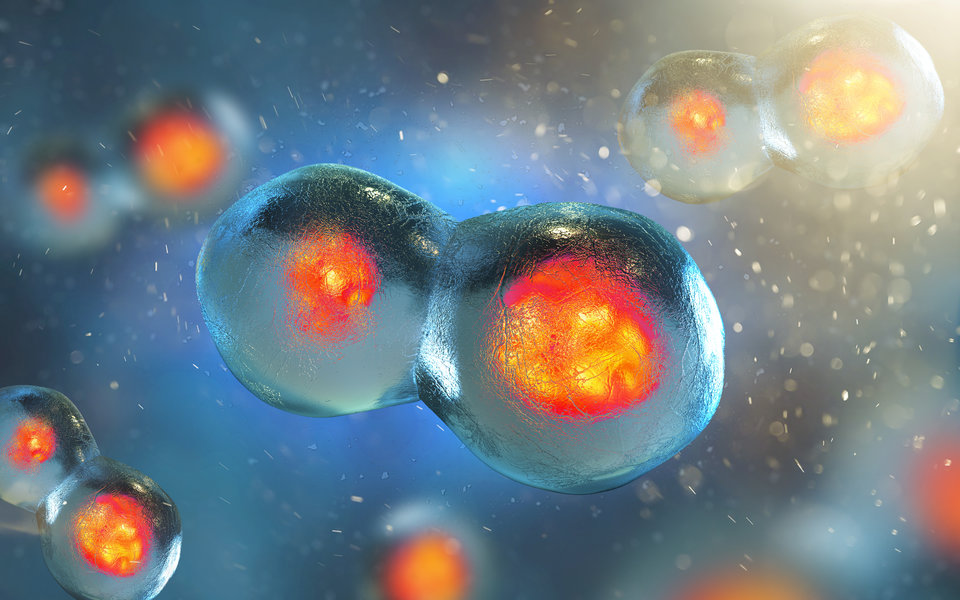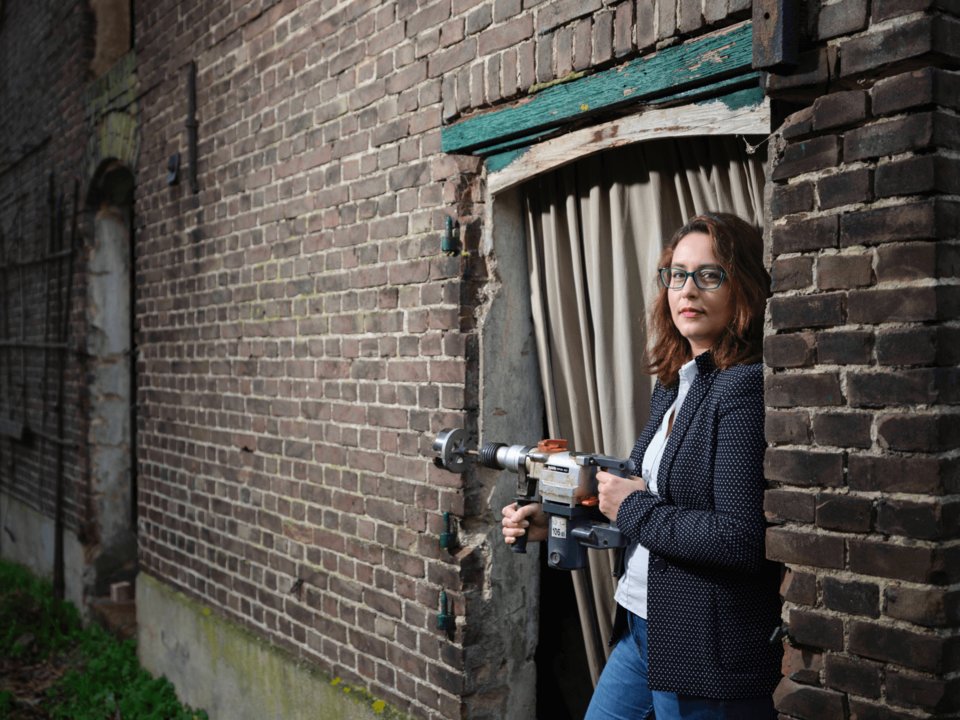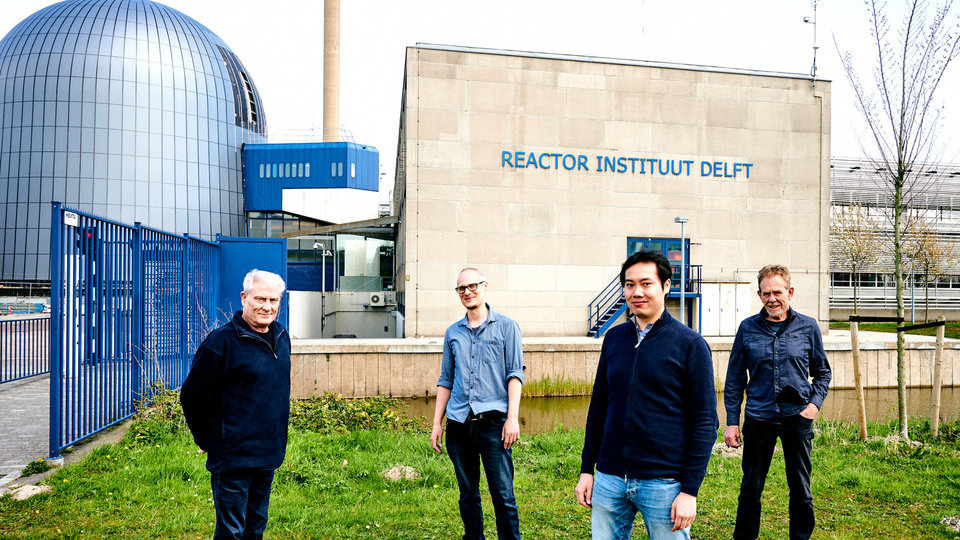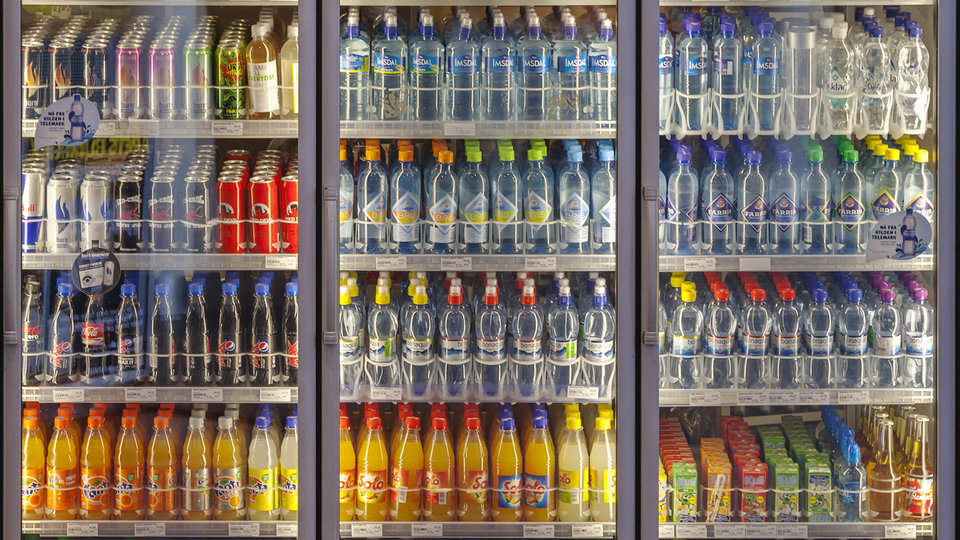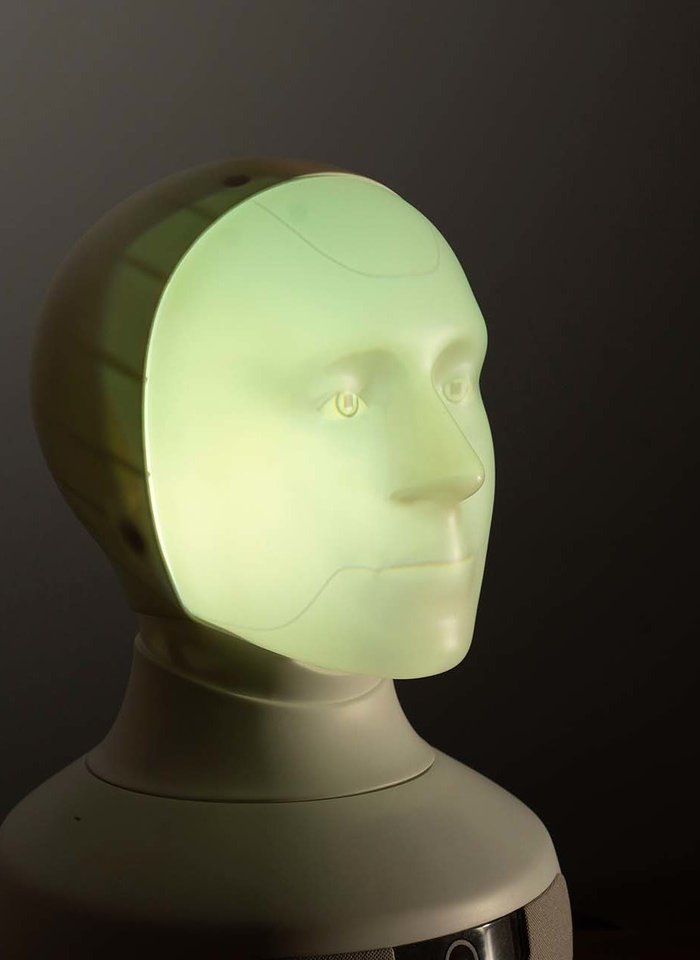Friederike Nintzel, who recently graduated from the Faculty of Applied Sciences, has an important mission, greening the pharmaceutical and chemical industry by making the production of medicines and chemicals more sustainable. The research she conducted for her master’s degree shows the use of enzymes might be a game changer in this. She earned a perfect ten, published her research and was nominated Best Graduate of her faculty.
Friederike Nintzel, who recently completed her master’s in Life Science and Technology at TU Delft, has a ‘green’ heart. She grew up in a small village near Hamburg, Germany, and as a child was able to walk right into the forest from her backyard. “As a young child, I was already interested in biology and learned about the importance of sustainability early on at home. For example, my parents were among the first in the neighbourhood to install solar panels on the roof. When I turned 19, I became actively involved in The Green Youth (Die Grüne Jugend) party in Germany, but devoting effort to creating a better environment was something I felt, I should do alongside my studies. That changed when I came into contact with sustainable biotechnology and biocatalysis during my undergraduate studies in biochemistry. The idea that I could combine my two passions was truly sensational.”
During her undergraduate studies in Heidelberg, Germany, she completed a number of internships for various organisations in Europe. In 2019, she decided to enrol in the Life Science and Technology master’s programme of the Faculty of Applied Sciences at TU Delft. “TU Delft’s programme ranked at the top of my personal preference because of its focus on bioeconomy. I had the opportunity to join sustainability-related courses in other faculties in addition to my master’s degree, as well. This helped me to better understand the big picture of sustainability.”
Green medicines and chemicals
Equipped with former experiences from her undergraduate research in biocatalysis, Nintzel dived into industrially relevant processes. “In the industrial sector, and in the pharmaceutical and chemical industry in particular, a lot remains to be done to green production methods.” She believes that the use of enzymes might be a game changer. “Industry currently uses raw materials, such as the metal platinum, as conventional catalysts. Those are often not only scarce, but also mined using less than ethical methods. By contrast, enzymes are natural catalysts that accelerate chemical reactions. The use of enzymes can be a sustainable alternative to conventional catalysts.”
She continues: “A wealth of diversity in enzymes is readily available in natural environments, and enzymes have other advantages over conventional catalysts as well. When enzymes are used as a catalyst you do not need such high temperatures and pressures which means you use less energy. A further benefit is that enzymatic reactions can be more selective and only produce the desired products.”
Win-win
She emphasises that a great deal still needs to happen before enzymes can actually be deployed on a massive scale in the production of medicines and chemicals. “Enzymes are often less efficient than conventional catalysts and it is difficult to produce large quantities of product. Furthermore, the water footprint required for the use of enzymes is large: enzymes are only stable if the chemical reaction is performed in an aqueous environment. For her master’s thesis research, Nintzel tried to overcome this challenge and looked into a way to reduce the amount of used water to a minimum while still keeping the enzyme stable.
“For our research, we used enzymes obtained from a mushroom. We decided to package the enzymes as droplets in ‘a cover’ made of a water-based jelly.” To her amazement this resulted in a win-win situation. “We reduced the water footprint and the enzymes did their work three times better than without a ‘cover’. We were able to increase the volume of product with the same volume of enzymes: in other words, the use of enzymes was also more sustainable.”
Final grade: a 10
“Exceptional”, was the conclusion of the examining board, which was also impressed by her resolute approach. For example, Nintzel took her own initiative to establish contact for her research with the Faculty of Biosystems Science and Engineering at ETH Zurich in Switzerland. Together with a Swiss research group she successfully completed various proof-of-concept studies to demonstrate the feasibility of her research. Furthermore, she managed to publish her research under her own name in the renowned journal Chemical Communications of the Royal Society of Chemistry, something which is highly unusual for master-level research.
This is why her research was awarded the highly exceptional grade 10. Nintzel: “I am extremely happy to see my work being appreciated to such a great extent. This motivates me to further pursue research and development in this field.”
The ideal enzyme
What is her next step? Nintzel strives to further contribute to the development of sustainable biotechnologies. She currently pursues her doctorate in Cambridge. “I am still working on ways of making the use of enzymes in the production of medicines and chemicals possible on a large scale. For my master’s thesis, I focussed on the ideal environment for the use of enzymes as catalyst. Today in my doctoral studies, I am trying to improve the enzymes themselves and to bring them closer to industrial application For example, I am trying to develop enzymes capable of breaking down plastics.”
Her future plans are to maximise her impact for the development of a bio-based economy. “A lot still needs to be done towards sustainable production in the chemical and pharmaceutical industry. Therefore, I would like to contribute to green innovation and technology development. This may be directly in academic research, with stakeholders in industry, or even in policy making”.



